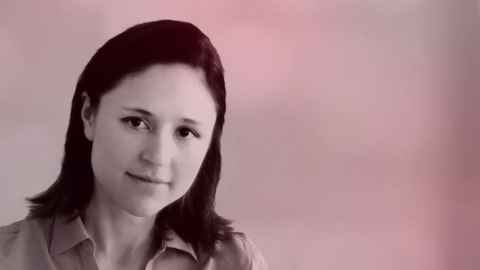Dasha Elena Nelidova
Since her time studying human biology and medicine at the Waipapa Taumata Rau, University of Auckland, Dasha Elena Nelidova has become a trailblazing neuroscientist and biomedical innovator on the world stage.

Her groundbreaking research combined nanotechnology and gene therapy to develop a sensor that has allowed blind mice, along with human retinas, to visually perceive their surroundings again.
It's the kind of pioneering experiment that could completely transform the future of eyesight forever, so it’s no wonder that Nelidova’s work has already accumulated dozens of prestigious awards around the world, including Science and SciLifeLab Prize for Young Scientists, BAYER Early Excellence in Science Award and PFIZER Prize in Neurobiology – and now she can add 40 Under 40 to her impressive list of accolades.
Reflecting on her time at the University of Auckland, Nelidova recalls two key mentors in Trevor Sherwin and Colin Green from the Ophthalmology department for kick-starting her research as a student and working on several undergraduate projects together. After graduating, she would return to academia to complete a PhD in neurobiology at the Friedrich Miescher Institute for Biomedical Research, Switzerland.
With her professional focus now leaning in the direction of “less surgery, more science”, Nelidova says her career has taken a different direction to what she had originally envisioned for herself.
“I went to medical school to become a corneal surgeon, because I thought surgery using laser techniques was far more precise than conventional techniques,” she says. “Now, to my surprise, I am entirely neuro/retina-based.”
Currently working as a specialty registrar in Neurology at Rehab Basel in Switzerland, Nelidova is continuing to work on the development of new therapies for treating retinal diseases.
“Our team is capable of reimagining medicine and developing entirely original solutions for difficult, unsolved medical problems,” she says.
What keeps her inspired are her tireless colleagues who, just like her, are true pioneers in their field.
“They seek to understand the unknown and redefine the limits of what’s possible in medicine,” she says.